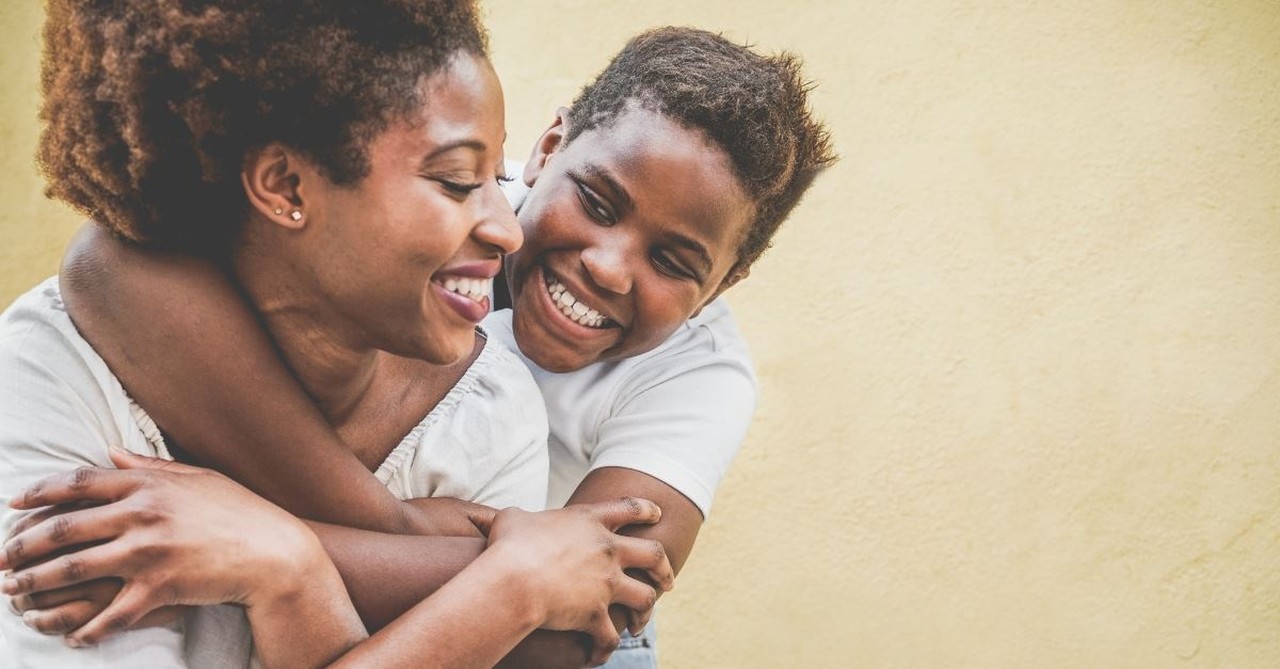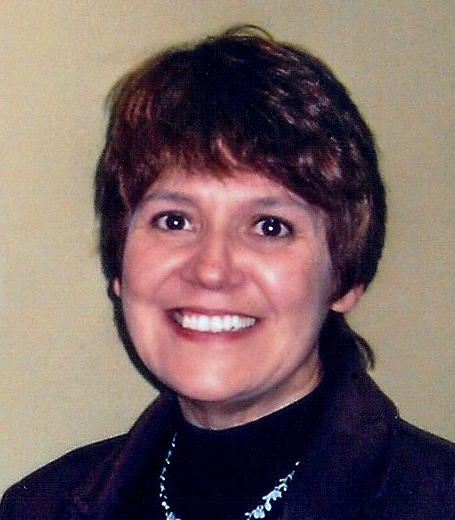
In stories we read as children, we could easily pick out the bad people from the good ones. But it’s different in the real world. Sometimes it’s hard to figure out who’s safe and who is not.
You’ve never met me, but sometimes, I was what some would call an unsafe person. It’s not that I wanted to be that way, it’s all I knew growing up. But I’m glad to say that I eventually became aware of it through counseling. And it was suggested that I read the book, Boundaries, by Dr. Henry Cloud and John Townsend, as well as their book, Safe People. This article is based on their books. It is possible to discern between safe and unsafe people. But first, we need to know 10 basic truths:
Photo Credit: ©Getty Images/fotogestoeber.de
1. Every Person Has Value

1. Every Person Has Value
SLIDE 1 OF 6
When we were at our worst, God loved us and Christ died for us when we were sinners (Romans 5:8). God values each person he created. When a person values who they are, they won’t let others treat them harshly. Realizing we are valued by God gives us self-respect. Those without self-respect draw others who have little or no respect for themselves.
2. Respect Other’s Boundaries
God is behind boundaries. In Proverbs 8:29 it says, “with wisdom, God set the limits of the seas so they would not spread beyond their boundaries…”
In their book, Boundaries, Townsend and Cloud talk about how important it is for people to respect the boundaries of others. Those who do not respect your boundaries are not respecting you. One of our first boundaries is our skin. No one has the right to hurt another person. When a person values themselves, they don’t let others hurt them.
Photo Credit: Getty Images/DisobeyArt
3. Develop Clear Communication

3. Develop Clear Communication
SLIDE 2 OF 6
God does not want us to do anything from selfish ambition or vain conceit (Philippians 2:3). God wants us to value others more than ourselves.
A safe person encourages communication with others. They invite differences of opinions and ideas. Safe people are not threatened by different opinions, nor are they upset when someone disagrees with them. When something negative is shared with a safe person, if they are at fault, they accept responsibility and don’t feel the need to blame someone else.
An unsafe person demands respect. And when communicating, an unsafe person feels defensive, and will try to blame others.
4. Be Honest
God tells us we should not lie to one another (Colossians 3:9).
A safe person will be honest. They realize how they treat others matters to God. Because they respect others, they know it’s important to be honest. Safe people don’t gossip about others.
When I was unsafe, sometimes when I knew a secret, I felt so important. At times, I did gossip, not realizing it was damaging the character of another person. I’m so thankful for all I learned in counseling and reading good books.
Photo Credit: Unsplash/Harli Marten
5. Be There to Comfort Others

5. Be There to Comfort Others
SLIDE 3 OF 6
2 Corinthians 1:3-4 instructs us to comfort others in their affliction as God has comforted us.
A safe person has empathy and wants to comfort those who are hurting. They see comfort as something God gives us so we can pass it on to others. They are not overly concerned about themselves, but sensitive to others.
As an unsafe person, I was sometimes overly concerned about me. And that would overshadow the needs of others. When we are hurting, we need to heal so we can better help those around us.
6. Extend Forgiveness When You’re Wronged
In Ephesians 4:32, we’re told to be kind and compassionate to one another, forgiving one another as God forgave us.
A safe person recognizes when other people wrong them, and that person genuinely forgives. They are gracious when someone makes a mistake, realizing they are also capable of making mistakes.
I’m not proud to share that I used to keep track of those who had wronged me. I stored up resentments, and God had to deal with my heart, which at one time became hard. I learned that holding onto those resentments became a fertile ground for bitterness. It is true that hurting people hurt people. But once we realize that, we are responsible for incorporating truth into our lives. Our reasons for our actions don’t have to become our excuses.
Photo credit: Unsplash/Jacob Postuma
7. Submit to One Another

7. Submit to One Another
SLIDE 4 OF 6
We are instructed to submit to one another out of reverence for Christ (Ephesians 5:21).
A safe person submits to others, treating the other person as an equal. There is mutual respect, they are on equal ground, one is not above the other.
As an unsafe person, there were times my pride came across loud and clear. My impatience showed I thought I was better than others, so why should I have to wait. I certainly didn’t believe I was on level ground.
8. Choose Your Words Carefully
God tells us to be careful what comes out of our mouths, so that we may build others up and so our words will benefit those who hear them.
A safe person watches their words and edifies others. They can be trusted with whatever you tell them, and they keep confidences.
There were times I said cutting remarks to others. When I first got introduced to boundaries it was difficult for me. The book said when we love someone, we should be able to accept their “no.” Instead, I used to think if someone really loved me, then they’d never say no to one of my requests. I felt if they loved me, they would always want to please me. Now I see that is not love, but people-pleasing.
Photo Credit: Unsplash/Roberto Nickson
9. Confront Others in Love

9. Confront Others in Love
SLIDE 5 OF 6
God tells us if a man is overtaken in a fault, we should restore him in the spirit of meekness, remembering we could also be tempted ourselves (Galatians 6:1).
A safe person confronts in love, with humility, wanting the person to be restored. They do not attack or belittle another person when a mistake is made. There is no blaming, but a desire for restoration.
If someone pointed out one of my faults, when I was unsafe, I probably shamed them. Years ago, I never knew confrontation could be done out of love. Growing up, we were not disciplined, but instead we were abused. It was difficult living in an unsafe house where you never knew what would happen next. It wasn’t until I became a Christ follower that I learned discipline is done in love. We were punished, not disciplined, and there’s a big difference.
10. Confess Your Faults Graciously
The Bible tells us to confess our faults to one another and to pray for one another (James 5:16).
A safe person shares their own shortcomings. They do not think they are perfect and therefore understand the shortcomings of others. Safe people want connection, and they know in order to have genuine connections, being open with others is necessary.
I was a recovering perfectionist. I tried hard to have every hair in place. So if anyone pointed out a fault of mine, it was upsetting because I had tried so hard to be perfect. I was not readily confessing my faults, but instead, I hid them.
Photo Credit: ©Getty Images/fizkes
Are You Growing or Stagnating?

Are You Growing or Stagnating?
SLIDE 6 OF 6
The Bible says we are no longer infants being tossed back and forth by waves and by scheming people. Instead, we are to speak the truth in love and we will become mature (Ephesians 4:14-15).
A safe person desires growth. They want to be mature and they know healthy relationships take work. Safe people want to do whatever is necessary to help each person grow to their full potential.
As an unsafe person, I sometimes was more concerned with myself than anyone else. Since I already considered myself mature, I was not open to growth. Until this was taught to me, I was stagnant and didn’t even realize it.
At one time or another, we can all be unsafe. But continuing to respond to others in this way is something we need to address. Reading good books, getting good counsel, and asking God to help us is a great start.
A Prayer for Us in Relationships:
Lord, we need your wisdom so we can discern the people with which we can relate. Father, you tell us that when we lack wisdom we can ask you for help. Help us Lord. Help us to be drawn to those who respect the boundaries of others. Help us to be people who are not conceited, seeing ourselves as better than others. Lord, if we make mistakes, help us to humbly admit them, and if others make mistakes, help us to forgive them, knowing we could make the same mistakes. Father, help us to submit to one another, to keep our communication fitting, to not gossip or devalue anyone. And Lord, give us a desire to grow and become mature in Christ. For we pray all this in your Son’s precious name. Amen.
Photo Credit: ©Getty Images/amenic181


Originally published February 07, 2020.







